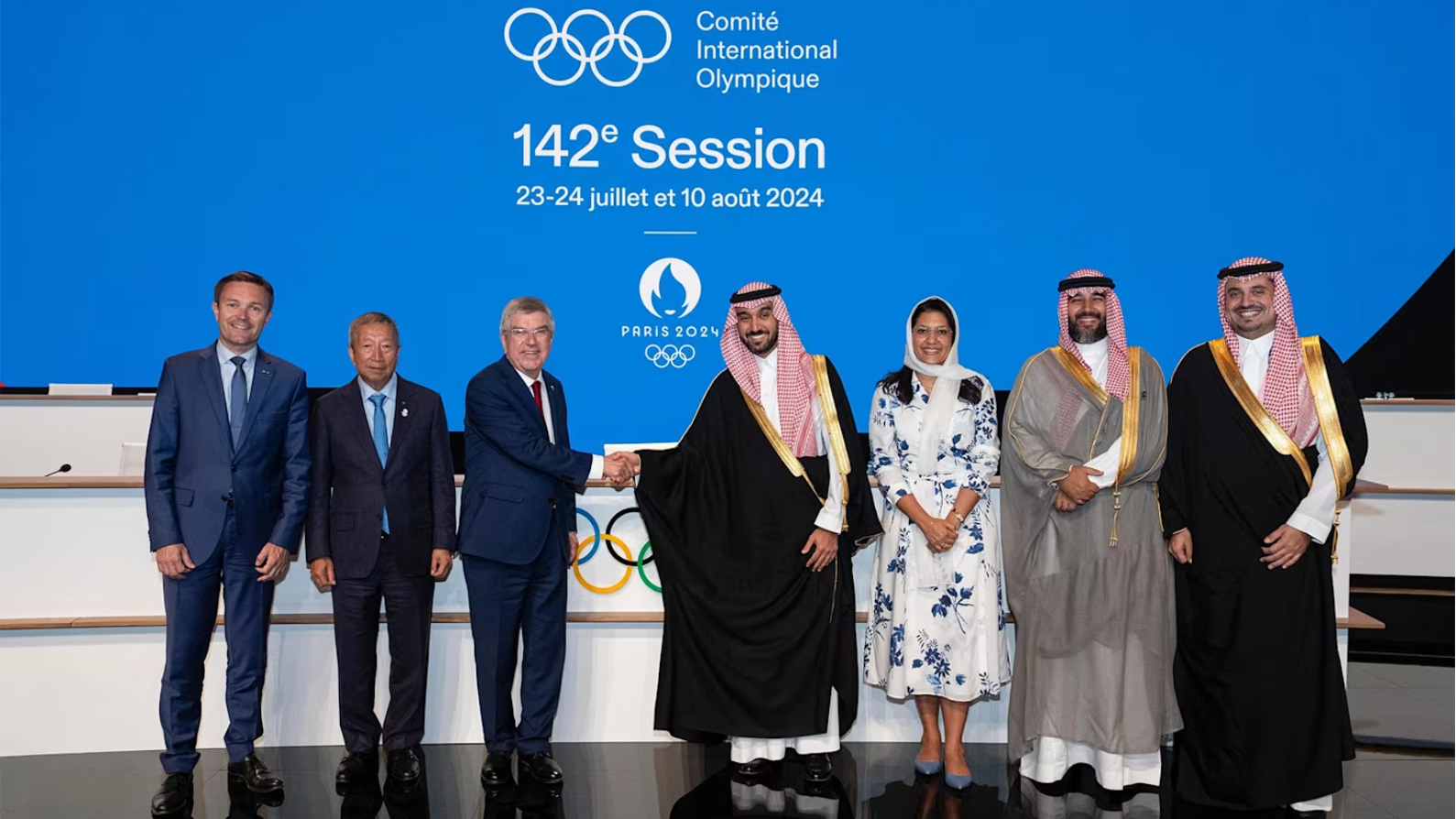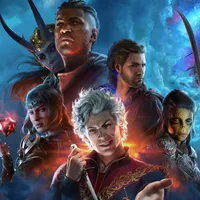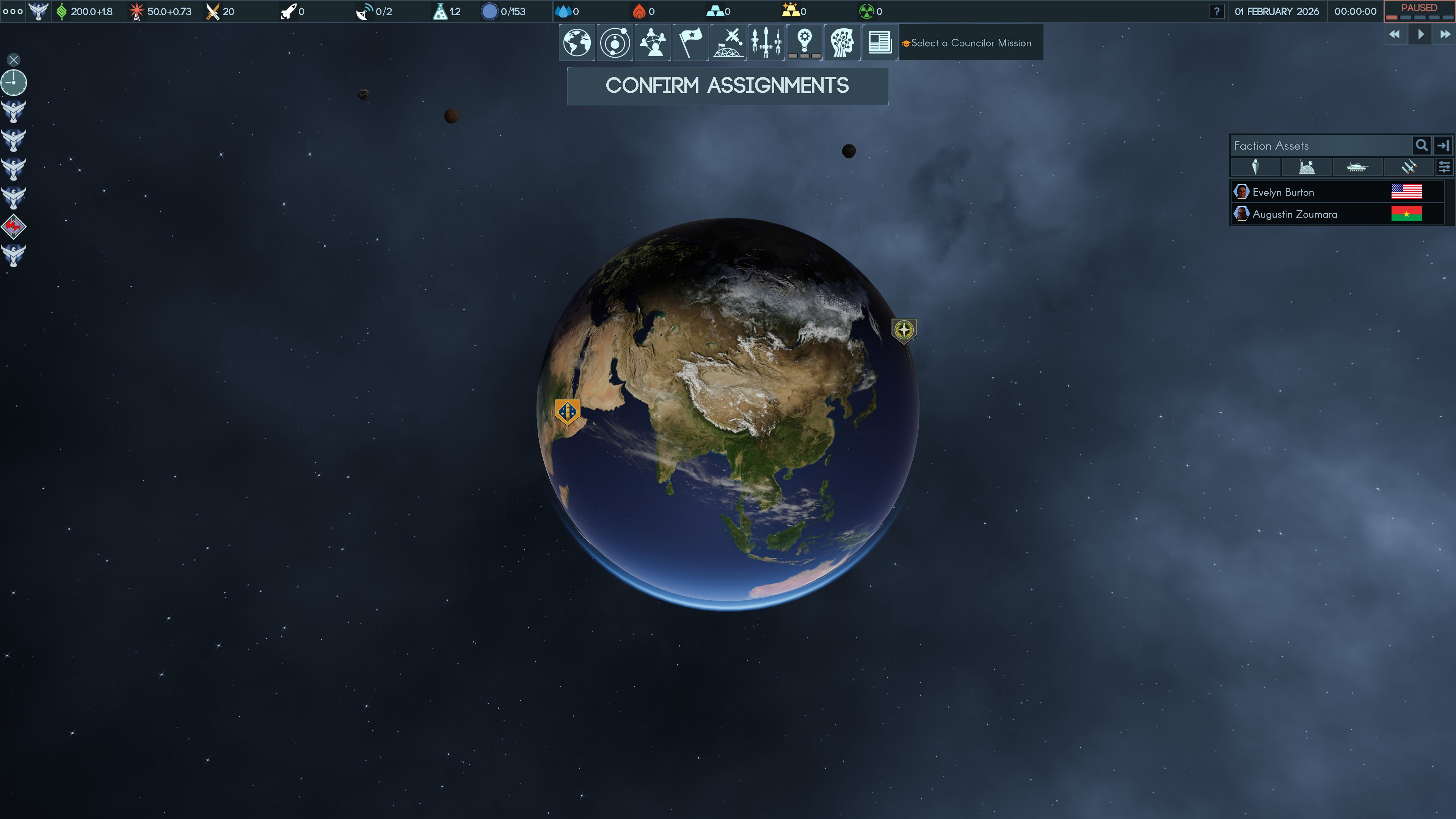International Olympics Committee cancels 12-year deal with Saudi Arabia after just one year, says it 'will develop a new approach to the Olympic Esports Games'
"Both parties are committed to pursuing their own esports ambitions on separate paths."

The International Olympic Committee has cancelled a 12-year deal with Saudi Arabia that would have seen the first-ever Olympic esports games hosted in Riyadh. The IOC said in a statement that the parties had "mutually agreed that they will end their cooperation on the Olympic Esports Games."
It's a rare kick in the teeth for Saudi Crown Prince Mohammed bin Salman, who's led a big push into videogames as part of an effort to burnish his reputation with the world at large, with the inaugural event due to have taken place this year before being pushed to 2027. Sporting events, and an official Olympic event in particular, are key parts of the Vision 2030 modernization drive whereby the oil-rich nation is chucking money at anything that might bring it a little more respectability on the world stage.
The IOC added that "both parties are committed to pursuing their own esports ambitions on separate paths", presumably referring to Saudi Arabia being the host for the Esports World Cup. This annual event is personally supported by bin Salman and boasts a lucrative prize pool, with this year's event distributing $70 million.
"The IOC, for its part, will develop a new approach to the Olympic Esports Games... and pursue a new partnership model," said the IOC. "This approach will be a chance to better fit the Olympic Esports Games to the long-term ambitions of the Olympic Movement and to spread the opportunities presented by the Olympic Esports Games more widely, with the objective of having the inaugural Games as soon as possible."
The IOC still plans to hold an Olympic Esports Games, running alongside the usual summer and winter Games, and has in the past held test events involving racing games and beat-em-ups. But one sticking point for the IOC, which sees esports as a way of interesting younger audiences in the Olympics, is the nature of competitive gaming itself: popular titles such as Call of Duty, which obviously involve players shooting each other with recreations of real-world firearms, are seen by some at the IOC as a poor fit for Olympic values.

But Saudi Arabia will continue to forge its own path in esports, having recently announced plans for an Esports Nations Cup in November 2026. The esports scene generally has been financially struggling since the boom of the Covid-19 years, music to the ears of the Saudi Public Investment Fund, which can easily bankroll glitzy in-person events.
As well as esports, Saudi Arabia has an extensive list of gaming investments, including stakes in Take Two, Capcom, Nintendo, and many more. Most recently, it spearheaded a successful bid to buy Electronic Arts for $55 billion.
Keep up to date with the most important stories and the best deals, as picked by the PC Gamer team.
This is all in the context of even more eye-watering amounts being invested in traditional sports, as part of a tactic dubbed "sportswashing": essentially, distracting from the kingdom's horrific human rights record and anti-LGBT laws by hosting major sporting events and holding large stakes in key organisations. It will host the 2034 FIFA World Cup, and has ambitions to host a summer Olympics at some point.
2025 games: This year's upcoming releases
Best PC games: Our all-time favorites
Free PC games: Freebie fest
Best FPS games: Finest gunplay
Best RPGs: Grand adventures
Best co-op games: Better together

Rich is a games journalist with 15 years' experience, beginning his career on Edge magazine before working for a wide range of outlets, including Ars Technica, Eurogamer, GamesRadar+, Gamespot, the Guardian, IGN, the New Statesman, Polygon, and Vice. He was the editor of Kotaku UK, the UK arm of Kotaku, for three years before joining PC Gamer. He is the author of a Brief History of Video Games, a full history of the medium, which the Midwest Book Review described as "[a] must-read for serious minded game historians and curious video game connoisseurs alike."
You must confirm your public display name before commenting
Please logout and then login again, you will then be prompted to enter your display name.


